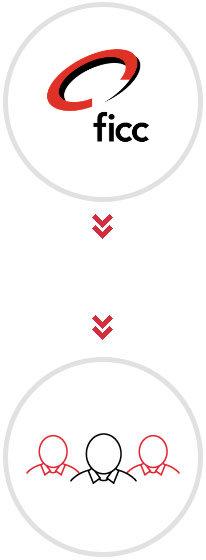3 000 000$
Fonds d'investissement de la culture et des communications (FICC) provides support to cultural enterprises with share capital as well as enterprises in the social economy, namely non-profit organizations (NPOs) and cooperatives (co-ops), having a place of business in Quebec.
These companies are dedicated to the creation, production, dissemination of cultural content and technical or technological support services offered to content businesses.These companies typically operate in areas of the performing arts, publishing, audiovisual, recording, radio, television, multimedia and digital.






